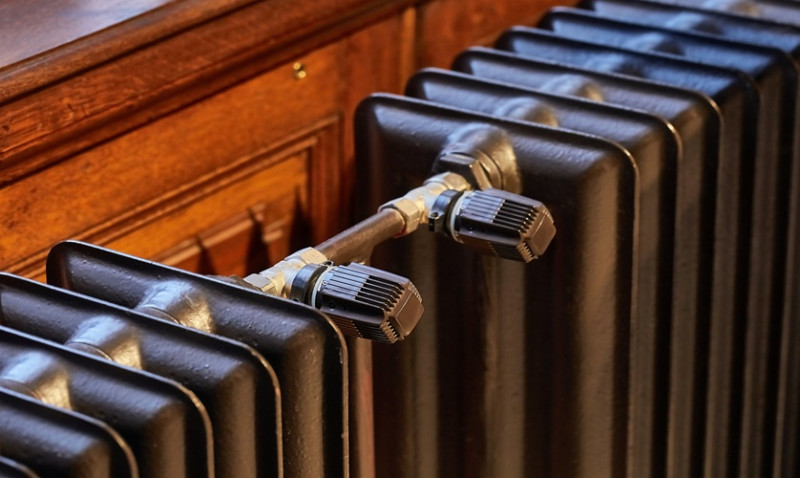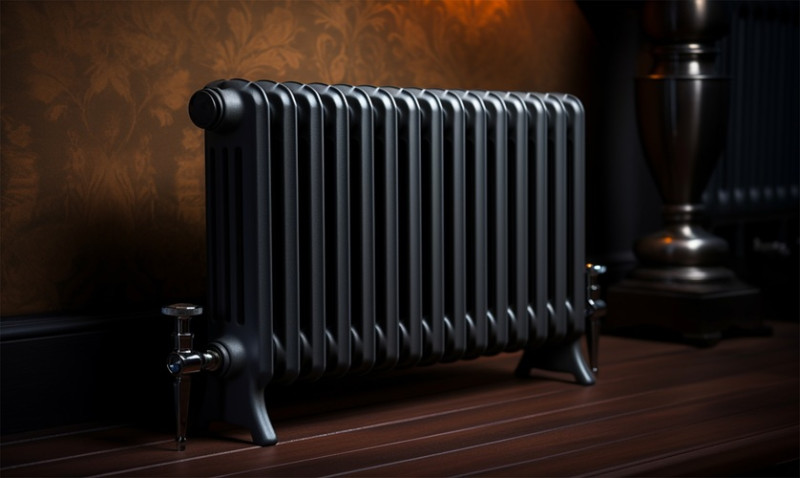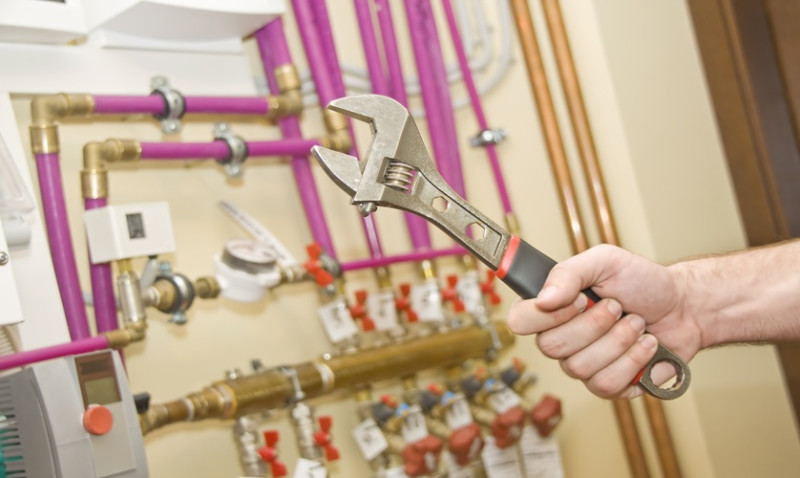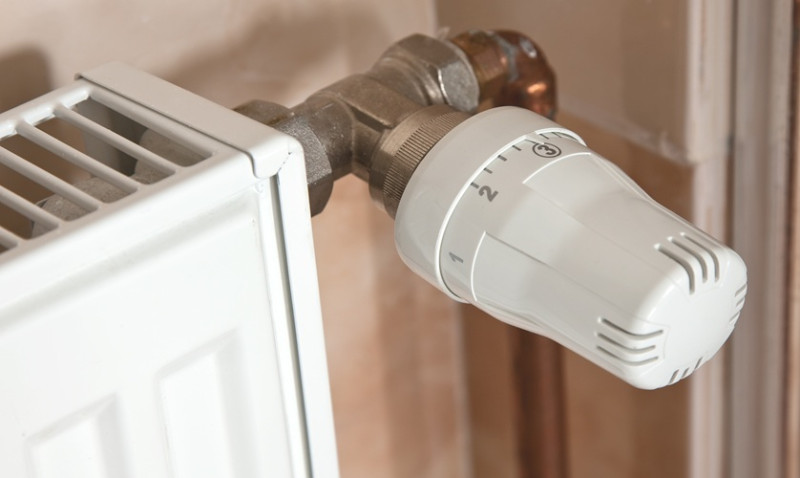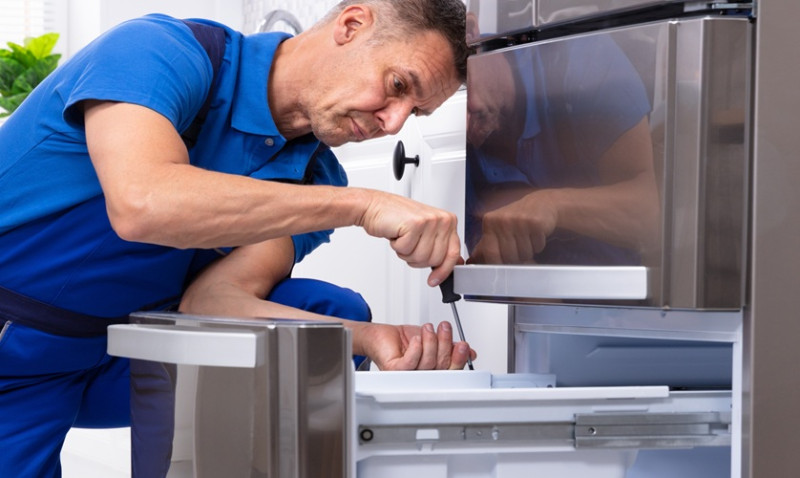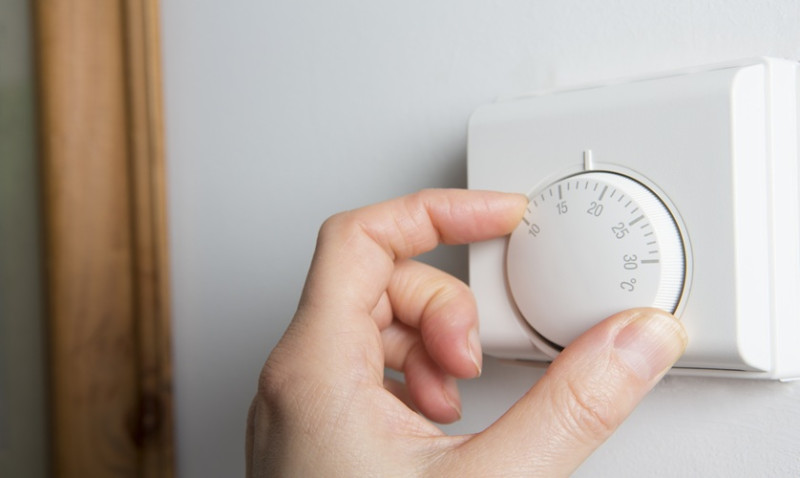
With energy prices constantly fluctuating, and the UK climate demanding more months of heating than not, understanding how to make your boiler work more efficiently isn’t just smart — it’s essential. An efficient boiler saves on your heating bills, reduces your carbon footprint, and helps extend the life of your system. Whether you’re a homeowner looking to cut costs, a contractor seeking to offer better advice, or a designer focused on energy-efficient builds, everything starts with one truth: your boiler has more to give.
In this guide, we’re lifting the lid on how your boiler works, what impacts its efficiency, and the actionable steps you can take today to reduce your heating costs without compromising comfort. From basic boiler settings to advanced upgrades, here’s everything you need to know to put pounds back in your pocket.
What Makes a Boiler Efficient?
Boiler efficiency refers to how effectively your boiler converts fuel (gas, electric, oil, etc.) into usable heat. An efficient boiler maximises this energy use, heating your home with as little waste as possible. But not all boilers are created equal. Some older systems might only be operating at 60–70% efficiency — meaning around a third of the energy you're paying for is being lost.
The efficiency of a boiler can be influenced by several factors, including its age, size, type, how well it is maintained, and whether it's regularly serviced. Even your household habits and heating controls impact how efficiently your boiler runs day to day.
In the UK, most modern boilers are condensing boilers, which are far more efficient than traditional models. They reuse heat from the flue and can reach 90%+ efficiency if installed and used correctly. But even condensing boilers can fall short of their potential if not optimised properly.
Understanding boiler efficiency ratings is also crucial. These are often labelled as ErP ratings, with the highest grade being A (90% and above). If your boiler is still labelled below B, it might be time for an upgrade — not just for energy savings, but for environmental gains too.
Choosing the Right Boiler for Your Home
One of the biggest mistakes homeowners and even some professionals make is choosing a boiler that is either too small or too large for the property. An oversized boiler may short cycle — turning on and off frequently — which leads to wear and tear and reduced efficiency. An undersized boiler, on the other hand, will struggle to heat your home effectively, burning excess fuel in the process.
There are three main types of boilers in the UK:
- Combi Boilers – Ideal for smaller homes with one bathroom; these provide heating and hot water on demand without the need for tanks.
- System Boilers – Suitable for homes with more than one bathroom, using a cylinder to store hot water but no cold water tank.
- Conventional Boilers – Often found in older properties, they use both a hot water cylinder and a cold water storage tank, making them suitable for large households with high water demand.
When replacing or installing a new system, it’s vital to get help from a Gas Safe registered engineer to ensure the correct type and size for your household’s needs.
Top Tips to Boost Boiler Efficiency
Improving your boiler’s efficiency doesn’t always mean investing in a brand new appliance. Often, small tweaks in how your heating system is managed can result in noticeable savings. Here are practical tips that make a real difference:
- Turn down the flow temperature – Modern condensing boilers are most efficient when the flow temperature (the temperature the boiler sends to your radiators) is set to 60°C or lower. Many boilers are set at 75°C or higher by default — tweaking this alone can save hundreds annually.
- Install smart controls – Smart thermostats like Google Nest, Hive, or Tado allow you to control your heating more precisely, learn your habits, and help avoid unnecessary usage.
- Balance your radiators – This ensures each radiator heats up evenly. Unbalanced systems cause your boiler to overwork to compensate for cold areas, burning more energy.
- Bleed radiators regularly – Trapped air makes your heating less effective. Bleeding them ensures heat circulates properly around your home.
- Use heating schedules – Avoid heating an empty home. Program your boiler to switch on just before you wake up or return from work, not all day long.
Upgrade Your Heating Controls
Modern heating systems should have at least a room thermostat, programmer, and thermostatic radiator valves (TRVs). If any of these are missing or outdated, you’re likely wasting energy. Upgrading to more advanced controls allows you to zone your heating and tailor warmth to your lifestyle and daily routine.
Smart systems also give you remote access through apps, so you can adjust settings on the go. For homes with unpredictable schedules or those with multiple zones – such as open-plan extensions or loft conversions – investing in zoned heating setups can seriously improve comfort while keeping energy use in check.
If you're doing renovations or working with architects or designers, always include smart heating controls in the initial design stage; retrofitting them later is more expensive and disruptive.
Is It Time to Replace Your Boiler?
If your boiler is over 10–15 years old, chances are it’s running inefficiently compared to modern standards. Even if it is still functional, the long-term cost of a low-efficiency boiler — in higher bills and increased emissions — often outweighs the upfront cost of upgrading.
Newer boilers from trusted brands like Worcester Bosch, Vaillant, Viessmann or Ideal are now built with efficiency, reliability, and user-friendliness in mind. Many come with 7–10 year warranties and are rated A for efficiency.
Consider replacing your boiler if you’re also doing a major home renovation. This is the best time to optimise your heating system layout, relocate the boiler if needed, or integrate a renewable heat source. Homeowners may also qualify for government support or financing schemes for energy-efficient upgrades.
Costs Saved Through Improved Boiler Efficiency
Upgrading your boiler or optimising how it runs can lead to significant long-term savings. Here's an example breakdown of potential cost reductions:
| Improvement | Potential Annual Saving |
|---|---|
| Turning down flow temperature | £100–£200 |
| Fitting smart thermostat | £150–£300 |
| Balancing radiators | £50–£100 |
| Installing thermostatic radiator valves | £75–£150 |
| Replacing old G-rated boiler with new A-rated model | £300–£580 |
These figures depend on your household size, fuel type, and current system. However, even minor changes often pay for themselves within a single season.
DIY Boiler Efficiency Checklist
If you’re a DIY enthusiast or trade professional, here’s a quick checklist to help you boost a boiler’s performance without a full system overhaul:
- ✅ Check and update boiler settings (reduce flow temperature)
- ✅ Bleed radiators to eliminate air pockets
- ✅ Powerflush your system if radiators have cold spots
- ✅ Program heating schedules to match occupancy
- ✅ Upgrade controls with TRVs and smart thermostats
- ✅ Insulate pipes, especially in unheated areas
- ✅ Service boiler annually by a certified Gas Safe engineer
Staying on top of these small projects can stretch your equipment further and avoid costly emergency breakdowns down the line.
Final Thoughts: Efficiency Is the Secret to Saving
Whether you’re planning a home refurbishment, building from scratch, or simply trying to manage household bills during winter, boiler efficiency is one of the most impactful yet often overlooked opportunities. Being proactive about how your heating system runs could save you hundreds of pounds each year and reduce household carbon emissions significantly.
Talk to a professional if in doubt, especially when it comes to purchasing, installing or servicing a boiler. But even before that, putting the tips above into practice can drastically shift your energy usage and start moving money back into your pocket.
Efficiency isn't just about new tech — it's about smarter habits. Combine both, and you'll heat your home better for less.
